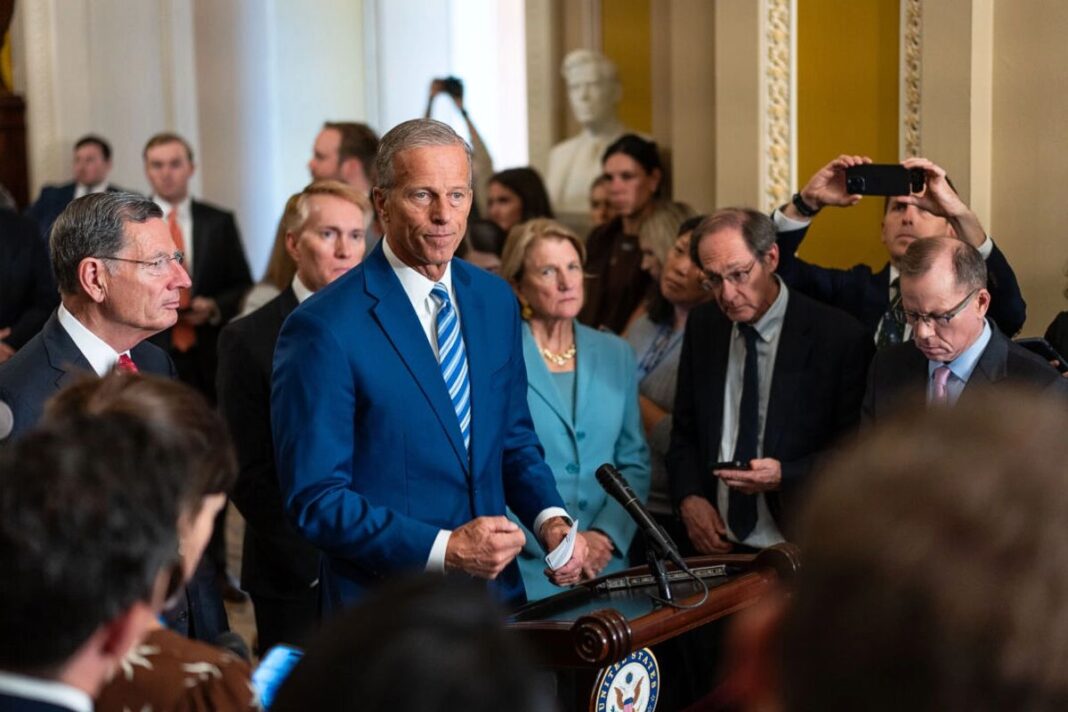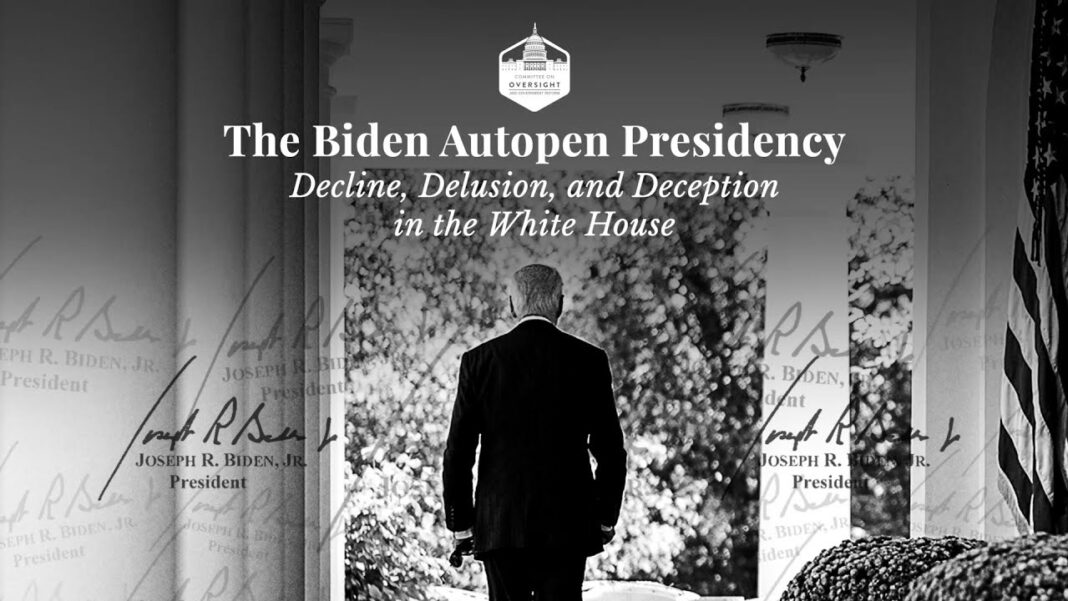From controllers working without pay to delayed flights, here’s what the shutdown means for U.S. air travel.
Air travel has been increasingly disrupted due to staffing shortages caused by the federal government shutdown.
As the shutdown nears the four-week mark, many air traffic controllers and other airport staff continue to work without pay, but worker shortages are causing problems.
As of noon on Oct. 28, 1,800 flights were delayed, according to estimates by flight-tracking website FlightAware. On Oct. 27, 7,000 flights were delayed, after 8,800 delays from the previous day.
Here’s what to know about how the shutdown affects air travel.
What Is Shut Down
The government shutdown has impacted a number of sectors of government, including the Federal Aviation Administration (FAA), which employs air traffic controllers, among other key staff.
A contingency plan released by the FAA indicated that around 46,000 total employees worked under the agency in 2024.
More than 11,300 of those employees were put on leave at the start of this shutdown, according to the Aircraft Owners and Pilots Association. The rest remain on the job, but do so without pay.
Support staff, those working in safety oversight, as well as non-critical logistics workers, were all paused at the start of the shutdown.
In all, the FAA has furloughed around one quarter of its workforce due to the shutdown.
Around 13,000 air traffic controllers are still required to work without pay. However, before the start of the shutdown, the FAA was already short of staffing targets for controllers by around 3,800.
To make matters worse, officials said earlier this month that in addition to the existing shortage, even more controllers are calling out sick during the shutdown, putting additional strain on the nation’s aviation system. Some are working second jobs in order to make ends meet, they said.
“Congress must act now to end this shutdown,” said National Air Traffic Controllers Association President Nick Daniels. “When the federal government shuts down, it introduces unnecessary distractions, and our entire aviation system is weakened. Congress must restore federal funding so that the safety and efficiency of our National Airspace System is not compromised.”
The White House signaled concerns about disruptions on Oct. 23, accusing Democratic lawmakers, who rejected a Republican stopgap proposal that would extend funding temporarily without additional policy items to reopen the government, of prolonging the shutdown.







